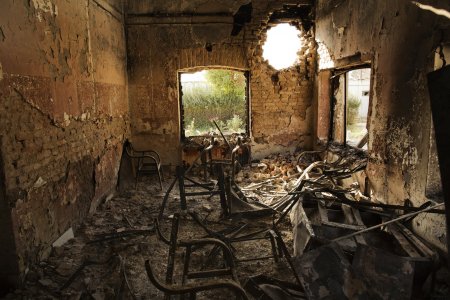 Victor J. Blue
Analysis
Victor J. Blue
Analysis
11/22/2019
Xavier Crombé
Joanna Kuper
This article seeks to document and analyse violence affecting the provision of healthcare by Médecins Sans Frontières (MSF) and its intended beneficiaries in the early stage of the current civil war in South Sudan. Most NGO accounts and quantitative studies of violent attacks on healthcare tend to limit interpretation of their prime motives to the violation of international norms and deprivation of access to health services. Instead, we provide a detailed narrative, which contextualises violent incidents affecting healthcare, with regard for the dynamics of conflict in South Sudan as well as MSF’s operational decisions, and which combines and contrasts institutional and academic sources with direct testimonies from local MSF personnel and other residents. This approach offers greater insight not only into the circumstances and logics of violence but also into the concrete ways in which healthcare practices adapt in the face of attacks and how these may reveal and put to the test the reciprocal expectations binding international and local health practitioners in crisis situations.
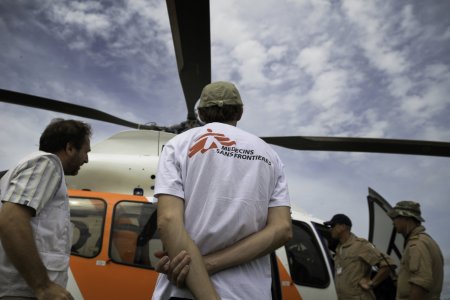 Robin Meldrum/MSF
Analysis
Robin Meldrum/MSF
Analysis
11/22/2019
Fabrice Weissman
This article discusses the policy of absolute secrecy on abductions adopted by aid organisations. It argues that the information blackout on past and current cases is to a large extent a function of the growing role of private security companies in the aid sector, which promote a ‘pay, don’t say’ policy as a default option, whatever the situation. The article contends that secrecy is as much an impediment to resolving current cases as it is to preventing and managing future ones. It suggests abandoning the policy of strict confidentiality in all circumstances – a policy that is as dangerous as it is easy to apply – in favour of a more nuanced and challenging approach determining how much to publicise ongoing and past cases for each audience, always keeping in mind the interests of current and potential hostages.
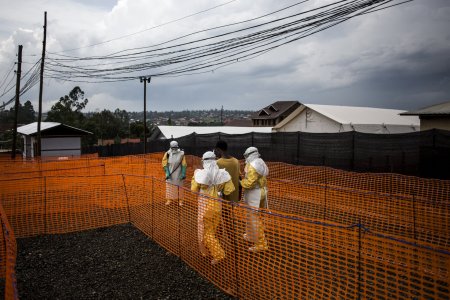 John Wessels
Interview
John Wessels
Interview
09/10/2019
Jean-Hervé Bradol
Elba Rahmouni
On August 1st 2018, the Democratic Republic of Congo’s health authorities declared the country’s tenth outbreak of Ebola virus disease (EVD), this time in North Kivu province. Just over a year later, this outbreak is still ongoing, with several dozen new cases reported each week. In the space of 12 months, 3000 people contracted the disease and 2000 of them have since died. This latest outbreak can be seen as a failure at two levels: first, it is already the second biggest EVE outbreak ever recorded, and second, two out of three patients have died. What are the reasons for this failure? What operational strategies should we develop in response?
Interview with Jean-Hervé Bradol, Director of studies at CRASH, by Elba Rahmouni.
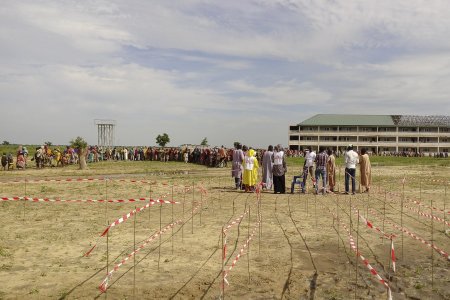 Shaista Aziz/MSF
Interview
Shaista Aziz/MSF
Interview
07/01/2019
Isabelle Defourny
Elba Rahmouni
In 2016, the Operations Department commissioned a critical review of the operations carried out between 2015 and 2016 in Borno State by MSF France in the north east of Nigeria. In response, and with the help of Epicentre, Judith Soussan and Fabrice Weissman from CRASH produced a detailed historical account of the analyses made of the situation by the teams, capital and headquarters at the time, as well as the objectives they set themselves, the actions they undertook, the obstacles they encountered and the results they achieved. As part of this project, some of the directors and operations managers who had been involved in these operations took a retrospective look at their own practices: were they late in responding to the catastrophic situation in the IDP camps in rural areas and on the outskirts of Maiduguri, the capital of Borno State, in 2016 and, if so, why? What conclusions can be drawn a posteriori about the operational choices made and the effectiveness of MSF intervention strategies? And, to take things a step further, what does this experience teach us about how MSF functions and how our teams work? Interview with Isabelle Defourny, Operations Director at MSF-OCP. By Elba Rahmouni.
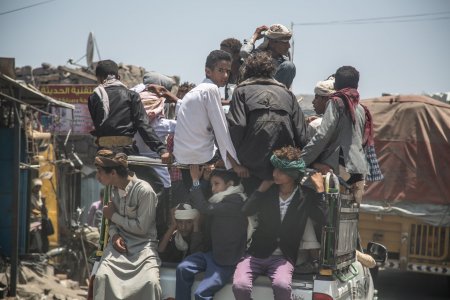 Agnes Varraine-Leca/MSF
Analysis
Agnes Varraine-Leca/MSF
Analysis
06/20/2019
V TLR
The situation in Yemen is often presented as the world’s worst humanitarian crisis, long ignored by the media, and requiring assistance vital to the survival of almost the entire country. Cholera outbreaks, famine, and destruction are invoked to support that argument. In reality, however, the situation of the country’s 25 to 30 million inhabitants is impossible to know with any accuracy. Nor do we know exactly what is happening in Yemen in terms of aid, although the amount of funding is very large. Noting these diagnoses and its field teams’ perspective on certain points, Médecins Sans Frontières has launched an effort to better understand this field of action using a quantitative and qualitative approach. A review of aid organisation documents and a series of interviews with aid actors in Yemen – in Houthi areas, in particular – has yielded a number of different conclusions.
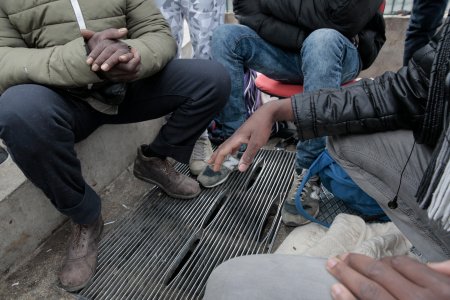 Antoine Kremer/MSF
Analysis
Antoine Kremer/MSF
Analysis
05/07/2019
Michaël Neuman
In the summer of 2015, the French section of Médecins Sans Frontières started aid projects for migrant populations in Greece and France. The launch of these operations was the occasion for lively discussions within the association, both in terms of public positioning (how to justify an intervention in a rich country and not get lost in "political" territory?), and in terms of revising our operating methods, knowing that the primary needs of migrants were not primarily medical. Some people then recalled the association's militant practices in the 1990s, which were sometimes considered as abuses. By retracing the history of the French Mission, Michaël Neuman seeks to understand, with regard to the migration issue, the complex articulation between operational constraints, political positioning and militant practices.
 Analysis
Analysis
02/15/2019
Hannah BARNETT
The study The Patient Perspective of Quality of Care: A Review of the Literature, which we present here was carried out by Hannah Barnett a public health student at George Washington University, intern with CRASH from June to August 2018. This work sums up seventy articles from a variety of disciplines including medicine and public health. It is part of a reflection initiated by MSF a few years ago on medical quality and the patient-centered approach.
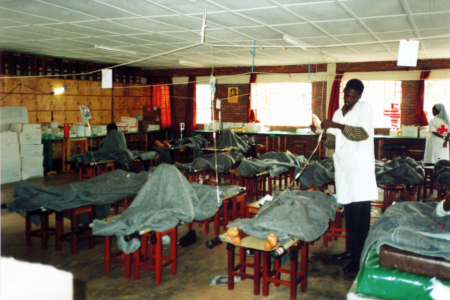 Xavier Lassalle/MSF
Review
Xavier Lassalle/MSF
Review
02/05/2019
Myfanwy James
This book describes and analyses the work of Médecins Sans Frontières (MSF) in the Great Lakes Region between 1982 and 1997. It explores the everyday, operational and political dilemmas faced by MSF staff in the field and the debates that followed, as they asked themselves: ‘how should we react and what action should we take’ in the wake of mass violence (p. 4). In effect, the authors ask: (how) could MSF prevent itself being manipulated or becoming complicit in the everyday atrocities in the field?
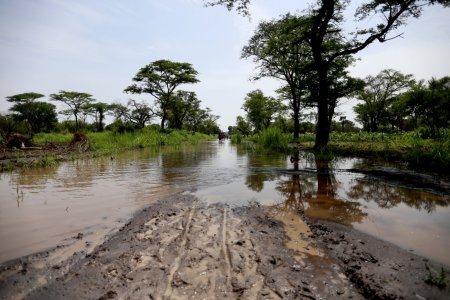 Laura Kant/MSF
Review
Laura Kant/MSF
Review
12/19/2018
Elba Rahmouni
To mark Editions MFSH’s publication of Les coulisses du monde des catastrophes « naturelles », on 14 November 2018, CERI (Centre de recherches internationales Sciences Po - CNRS) presented a discussion with its author, Sandrine Revet, CERI anthropologist and co-founder of the Association pour la Recherche sur les Catastrophes et les Risques en Anthropologie (ARCRA), and Rony Brauman. CRASH recommends this book to anyone with an interest in natural disasters and international relations.
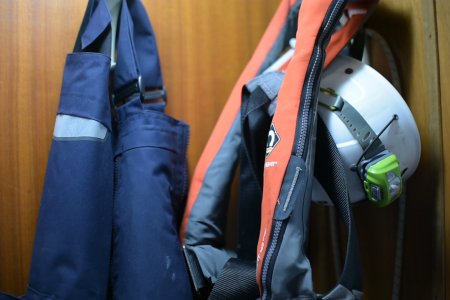 Ikram N'gadi
Op-ed
Ikram N'gadi
Op-ed
Le Monde
12/12/2018
Michaël Neuman
Mego Terzian
Dont acte, la politique de harcèlement judiciaire, administratif, politique aura eu raison de l’Aquarius, déployé entre 2015 et le milieu de l’année 2018 en mer Méditerranée.
Tribune de Mego Terzian (Médecin, président de Médecins sans frontières) et Michaël Neuman (Directeur d'études au CRASH de MSF) publiée le 07 décembre 2018 dans Le Monde.
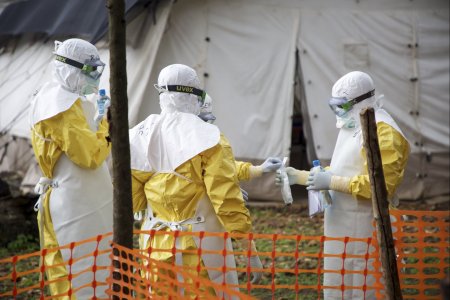 Carl Theunis/MSF
Interview
Carl Theunis/MSF
Interview
10/26/2018
Elba Rahmouni
Rebecca Grais, Research Director at Epicentre, MSF’s epidemiology arm, and Pierre Mendiharat, Deputy Director of Operations for MSF-France, offer their insights on the Ebola outbreak in North Kivu Province in the eastern Democratic Republic of the Congo (DRC). This joint interview in four parts (the outbreak, social context, treatments, and vaccination) aims to show how science and practice interact around each outbreak.
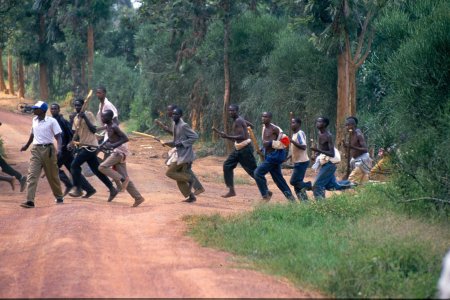 Roger Job
Review
Roger Job
Review
10/07/2018
Bert Ingelaere
Although much has been written about the 1994 genocide in Rwanda, two recent volumes offer fresh perspectives and add considerable insights. Guichaoua’s From War to Genocide: Criminal Politics in Rwanda 1990–1994 takes the reader deep into the belly of the beast. The book describes and analyzes the real politics of the politics of genocide based on extraordinary detailed evidence with respect to the strategies and tactics of key military and political players. Bradol and Le Pape’s Humanitarian Aid, Genocide and Mass Killings: Médecins Sans Frontières, The Rwandan Experience, 1982–97 offers a unique understanding of the consequences of this murderous political game from the point of view of humanitarian aid workers in general and the NGO Doctors Without Borders (Médecins Sans Frontières – MSF) in particular.










